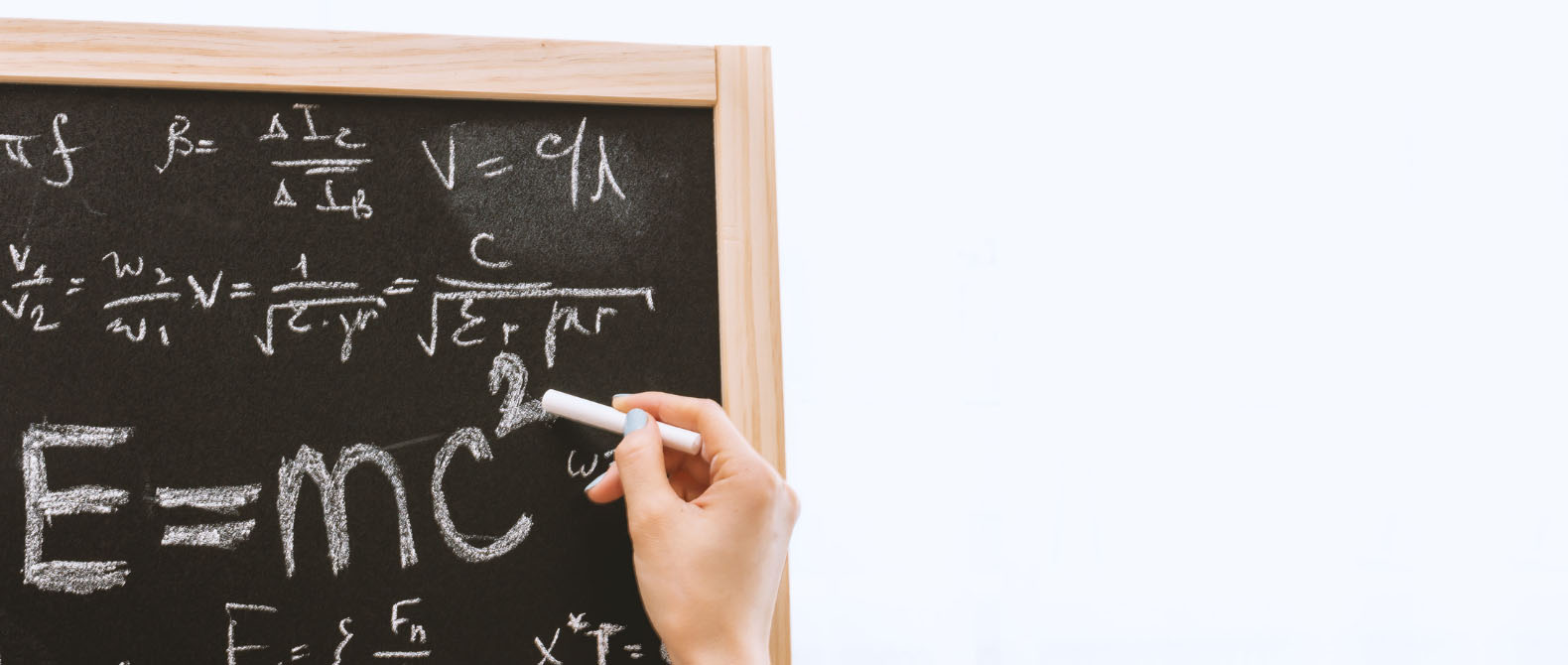
I have often been asked the question: How do you study Physics?
The trite answers, get as much practice as possible, and be consistent with your school work, are well known to everyone. I think when people ask me the question “How do you study Physics?”, what they really mean is what study strategy they should adopt so that they can improve their problem solving ability. In other words, the answer to this question requires specifics.
i) Create your own Physics study notes
The first tip I can give is to make notes on each topic, including a list of definitions, theorems and formulae, and also keep a careful record to key examples such as questions that come out often in exams, questions that need a specific approach, and questions that combine several different techniques and formulae in a novel way.
ii) Attempt all the questions in your Physics lesson tutorials
Be sure to do all the questions in all your tutorials, and do not give up until you have attempted them to the best of your ability. This includes what the teacher may label as challenging problems. Go at them until they have been cracked and do not give up until your free time has completely run out.
iii) Consistently put in time to study Physics
Physics skill takes years to improve. The thinking processes that take place in Physics, which include pattern recognition, or the ability to rapidly put together different formulae and techniques to solve a problem, can only be honed over a very long time. Hence, if you can foresee that you will require Physics in your further education, you have to start getting serious about Physics early. This applies whether you plan to specialize in Physics, or plan to study subjects like engineering, the physical sciences, or economics, that require a great deal of Physics.
iv) Understand the various study concepts
To become good in Physics, you have learn not just computational skills, but also proving skills. You have to learn how to derive formulae, and as you go further into Physics, how to prove theorems without referring to your textbooks.
v) Teach Physics to your peers
To improve your Physics, learn how to teach it. When you teach other people Physics, you are often surprised at the gaps in your own problem solving ability.
vi) Be inquisitive while studying Physics
To be good in Physics, you should enjoy learning in general and being open to acquiring knowledge from a wide variety of fields. Anything that enriches the mind will ultimately contribute to honing your Physics ability because Physics, at its heart, is a subject that requires a deep mental dexterity that will improve the more your mind seeks out all kinds of ideas, information, and skills.
